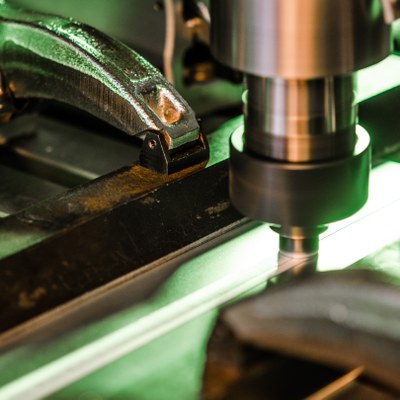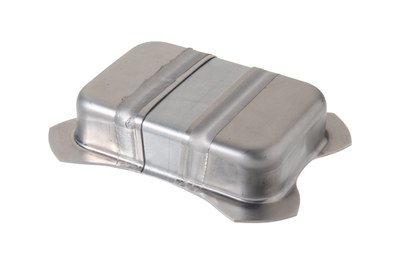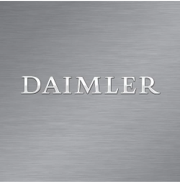CO2-HyChain
At around 160 million tons, road traffic is responsible for around 20% of total CO2 emissions in Germany. One way of lowering this figure is to reduce vehicle weight through functional lightweight construction. The "CO2-HyChain" research project is intended to drive forward research into innovative lightweight designs and further develop existing solutions for the production of high-strength aluminum and hybrid aluminum-steel tailor-welded blanks. The objective is to significantly reduce CO2 emissions from passenger cars.
In a consortium of three institutes of the University of Stuttgart and 9 industrial partners, the project "CO2-HyChain" has been successfully launched under the leadership of the Materialprüfungsanstalt Universität Stuttgart (MPA). With a financial volume of 5.7 million euros and a duration of three years, this is the largest project to date funded by the technology transfer program Initiative Leichtbau (BMWi).
As part of the research project, solutions developed at the MPA under laboratory conditions for joining sheet metal blanks made of aluminum and steel by friction stir welding are being further developed, scaled up and transferred to industrial practice in an interdisciplinary research network.
By joining aluminum and steel, the positive properties of the two materials, such as the high strength of steel and the low weight of aluminum, can be combined in a positive way. This allows the weight of vehicle bodies to be reduced in the double-digit percentage range, resulting in significant fuel, electricity and CO2 savings.

The core elements of the project are the development of two complementary prototypes of production facilities suitable for series production for the manufacture of tailor-welded blanks and tailor-welded coils, as well as a tooling concept developed for the subsequent deep-drawing of sheet metal joined as flat blanks into a lightweight component.

As representatives of the University of Stuttgart, the Institute for Forming Technology (IFU) and the Institute for Control Engineering of Machine Tools and Manufacturing Units (ISW) are involved in the project in addition to the MPA. From the industrial side, Matec GmbH and Profilmetall Engineering are involved as equipment manufacturers. Klaus Raiser GmbH & Co. KG and Preter CNC Dreh- und Frästechnik are involved in the design and manufacture of the plant technology, and CeramTec is providing wear-resistant tools. Optimess Engineering GmbH is developing concepts for non-destructive testing to safeguard the process. In addition, csi entwicklungstechnik GmbH and DYNAmore GmbH are participating in the project as development service providers. voestalpine Automotive Components Schwäbisch Gmünd GmbH & Co KG is providing support, as is Speira GmbH (formerly Hydro Aluminium Rolled Products GmbH) with test material. The automotive manufacturers Audi and Mercedes Benz are also involved.
Project partners

Institutes



Companies









Associated project partners



Images courtesy of MPA.